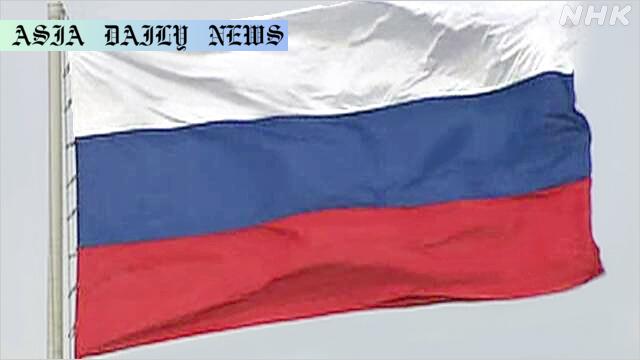Russian soldiers – Independent media confirm over 120,000 Russian military personnel deaths since the Ukraine invasion began.
Confirmed 120,000 deaths of Russian soldiers since the invasion of Ukraine.
One-third of these deaths were volunteers who joined post-invasion.
Largest death toll reported from Bashkortostan; average soldier age: 39.
Actual death toll could exceed 260,000, per the report.

Confirmed Statistics of Russian Soldiers’ Deaths
The death toll among Russian soldiers since the invasion of Ukraine in February 2022 has now exceeded 120,000, according to combined reports from the BBC and Mediazona. Both outlets have painstakingly tallied this count based on publicly available information, ranging from social media reports to government acknowledgments. This staggering number represents an unprecedented cost of life as a consequence of the ongoing war.
The report highlights that a significant portion—almost one-third—of the deceased were volunteers, who signed contracts and joined the military following the onset of the invasion. The enlistment of these volunteers underscores the significant mobilization efforts by the Russian government, where a multitude of civilians took up arms amid the prolonged conflict.
Analyzing Regional and Demographic Impact
Among the soldiers, the average age was recorded at 39 years, bringing into focus not only young soldiers but workers and middle-aged individuals who may have been called or directed to take part in the war. By region, the central Russian republic of Bashkortostan bore the largest number of losses, further emphasizing the heavy toll on specific regional populations.
This regional disparity has raised concerns about the broader implications of military conscription and recruitment policies, especially in underrepresented or economically poor areas. Many analysts suggest that individuals in such regions may have enlisted due to limited opportunities or immense pressure from local authorities.
Estimations Beyond Recorded Figures
While the recorded death toll by the two outlets stands at 120,343 as of Friday, the actual number of casualties could be far higher, potentially exceeding a staggering 260,000. This discrepancy is attributed to difficulties in obtaining comprehensive data, especially due to censorship and ongoing conflict zones where accurate information might never be reported. Even so, the official numbers provide a sobering glimpse into the cost of war and its devastating impact on human lives.
Implications for the Ongoing Conflict
These revelations come amid heightened global scrutiny over Russia’s military strategies and the long-term sustainability of such losses. With the Ukraine war showing no clear signs of a resolution, many military experts predict that continued casualties at the current scale could lead to further unrest within Russia itself. Family members of the deceased and regional representatives may grow louder in voicing dissent against prolonged military strategies that lead to such devastating human costs.
The independent documentation by outlets like the BBC and Mediazona offers valuable insight but also serves as a somber reminder of the critical need for transparency, accountability, and peace negotiations to prevent further loss of life.
Commentary
Unveiling the Staggering Human Cost of War
The death toll of over 120,000 Russian soldiers since the war in Ukraine began is a stark reminder of how devastating and futile prolonged conflicts can be. These figures are a heavy burden not only for Russia as a nation but also for the countless families grieving the loss of their loved ones. Each statistic carries a life story—dreams unfulfilled, families left behind, and communities shattered. It is a tragic indication of the enormous human costs often understated in official accounts and political rhetoric.
Evaluating Regional and Political Consequences
The concentration of these losses among certain regions, such as Bashkortostan, underscores the disparities in how the burden of war is distributed. It reflects a troubling reality where economically or socially marginalized regions bear a disproportionate share of sacrifice. Families in these regions may increasingly find themselves questioning not just the war but also the broader policies that led their loved ones to such a fate. This raises important questions about fairness, justice, and equality within Russia’s military mobilization system.
The Role of Independent Media
In an age of disinformation, the role of independent media such as BBC and Mediazona cannot be overstated. Their work sheds light on realities obscured by censorship and propaganda. These outlets perform a crucial function, giving the world and Russian citizens themselves a clearer picture of the scale of human loss. Their documentation helps hold governments accountable and ensures that those who sacrificed their lives will not be forgotten or dismissed as mere numbers.
The Need for Peace and Resolution
Ultimately, these statistical revelations should serve as a wake-up call for international leaders and stakeholders to intensify efforts toward a peaceful resolution of the conflict. The path to peace may be arduous, but it is the only means of preventing further loss and rebuilding what has been destroyed. While soldiers continue to lose their lives and families endure unimaginable grief, the world owes it to the victims to seek an end to hostilities, truth, and accountability that paves the way for healing and justice.


